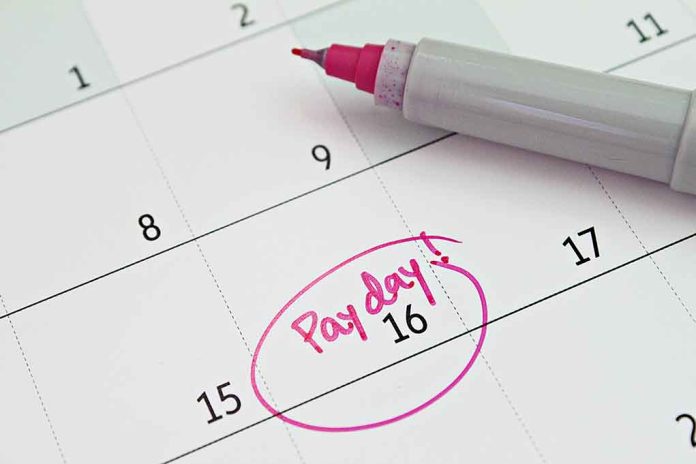
(Daily360.com) – Do you live paycheck to paycheck? Until your next salary, must you spend your whole paycheck? Unfortunately, this is a reality for 78% of U.S. workers, and the situation has worsened with the pandemic and looming fears of a financial crisis. However, don’t despair, use the below five personal finance strategies to break free of the cycle.
Track Your Spending
Paycheck-to-paycheck spending is mostly caused by failure to monitor cash outflow. Take two to four weeks, and keep track of each cash or credit purchase that you make. By doing this, you’ll be able to track your funds and become more aware of your unexpected expenses. Tracking spending alters a person’s cash spending patterns, increasing the amount of money left after each paycheck.
Take Care of Your Four Walls First
Write down your revenue while creating your budget, and then start deducting your costs. Which costs should you pay first? Your primary priority should be the Four Walls, or the essentials — make sure your budget can at least cover the below expenses:
- Food
- Utilities
- Shelter
- Transportation
Take note of everything else you have to pay and prioritize it once you’ve taken care of things. Once the budgeted money runs out, you halt your purchases. Try to cut back on or eliminate unnecessary spending on things like entertainment, travel, and restaurant meals. Start simple, like suspending certain subscriptions or streaming services, to better grasp your spending.
Start an Emergency Fund
You need to save funds that act as a safety net in emergencies and avoid using your credit card or taking out additional loans. Establishing an emergency fund is one of the few ways to stop yourself from living paycheck to paycheck. For starters, the first thing you need is a $1,000 emergency fund.
If you’re struggling to make ends meet, you might wonder why you need to save. However, having this buffer will make you feel so much better. You can fall back on it when an emergency arises. If you get into trouble, paying cash allows you to avoid thinking about which payments you’ll have to forgo this month to pay for items.
Boost Your Income
If you’re struggling to keep up with your expenses, try raising your income, even if it only adds a few dollars each month. Take into account starting a side venture or taking on a part-time position. There are a ton of work-from-home opportunities that might be accessible after work or on the weekends.
Starting a business has never been easier. You can launch your own website, e-commerce business, or marketing initiative if you have a sizable social media following. Additionally, think about selling any assets you no longer need to increase your financial resources.
Save Money for Major Purchases
If you recently spent a lot of money on a major purchase, you always wish payday came sooner. Therefore, save up and pay cash if you anticipate making big purchases, such as when you realize your car needs new tires — this prevents you from blowing your whole budget for the month and allows you to save a small amount each month.
Secondly, avoid making large, non-essential expenditures while living paycheck to paycheck. Vacations are one of them, but also remember the little things you know you want but don’t need, like the latest phone model. Even though it’s a terrific offer, there are better times to buy, for instance, when your budget allows such a purchase.
Patience as You Break the Cycle
Spending habits are difficult to break. For someone who has yet to save, switching to a savings mindset is akin to changing to a healthy eating routine for someone who often consumes fast food.
Keep trying. When challenges arise, keep your motivation in mind. If it helps, consider your long-term objectives, like traveling, paying for your children’s college tuition, or purchasing a home.
Copyright 2023, Daily360.com













